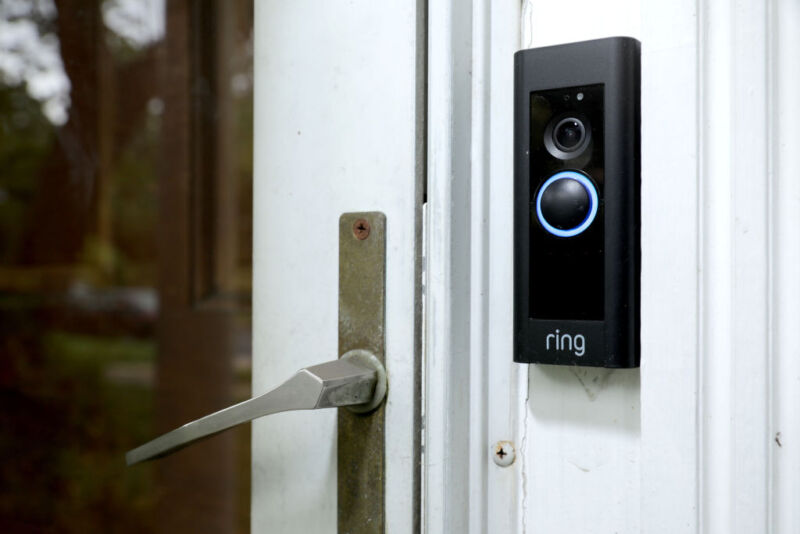-
chevron_right
Digital License Plates
news.movim.eu / Schneier · Wednesday, 12 October, 2022 - 19:52 · 1 minute
California just legalized digital license plates, which seems like a solution without a problem.
The Rplate can reportedly function in extreme temperatures, has some customization features, and is managed via Bluetooth using a smartphone app. Rplates are also equipped with an LTE antenna, which can be used to push updates, change the plate if the vehicle is reported stolen or lost, and notify vehicle owners if their car may have been stolen.
Perhaps most importantly to the average car owner, Reviver said Rplate owners can renew their registration online through the Reviver mobile app.
That’s it?
Right now, an Rplate for a personal vehicle (the battery version) runs to $19.95 a month for 48 months, which will total $975.60 if kept for the full term. If opting to pay a year at a time, the price is $215.40 a year for the same four-year period, totaling $861.60. Wired plates for commercial vehicles run $24.95 for 48 months, and $275.40 if paid yearly.
That’s a lot to pay for the luxury of not having to find an envelope and stamp.
Plus, the privacy risks:
Privacy risks are an obvious concern when thinking about strapping an always-connected digital device to a car, but the California law has taken steps that may address some of those concerns.
“The bill would generally prohibit an alternative device [i.e. digital plate] from being equipped with GPS or other vehicle location tracking capability,” California’s legislative digest said of the new law. Commercial fleets are exempt from the rule, unsurprisingly.
More important are the security risks. Do we think for a minute that your digital license plate is secure from denial-of-service attacks, or number swapping attacks, or whatever new attacks will be dreamt up? Seems like a piece of stamped metal is the most secure option.




